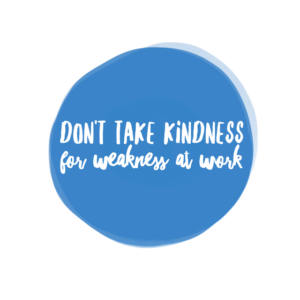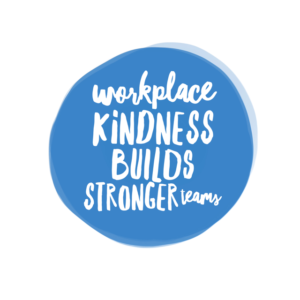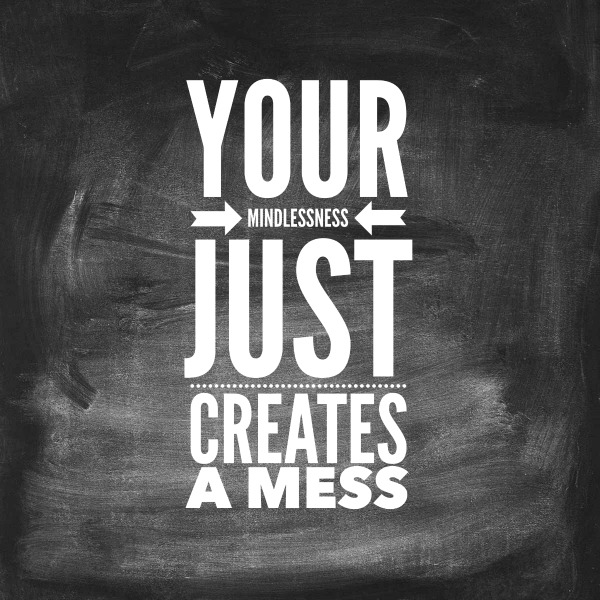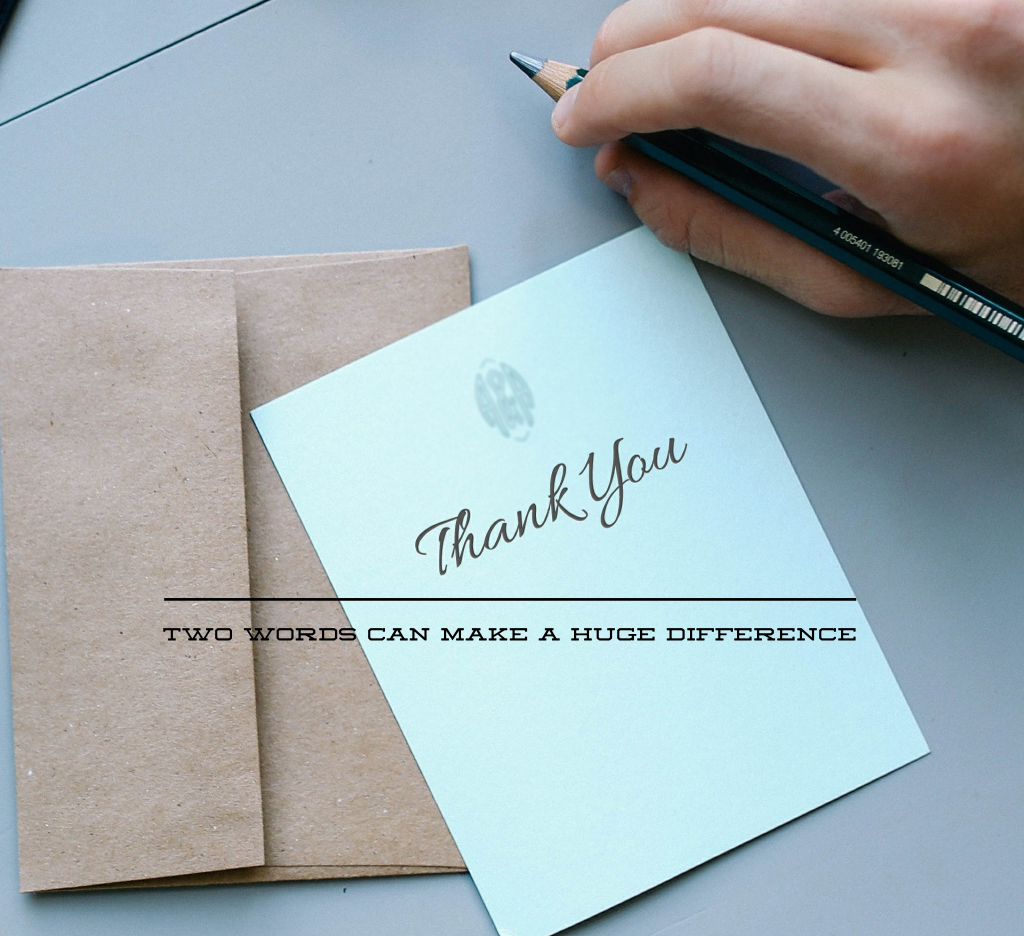 Don’t Take Kindness for Weakness at Work
Don’t Take Kindness for Weakness at Work
I recently heard about a woman who worked in a company that didn’t value her ability to be kind in her dealings with coworkers. The culture was one where people were not expected to be thoughtful in their dealings with each other. Her management encouraged this behavior. When she pressed them about the ‘mean girl attitudes’ of her coworkers, management advised her that her behavior was considered ‘weak.’
In these organizations it’s almost impossible to start living happier at work because that is not what the leadership value or reward. No matter how much you work to create that bubble of positivity in your presence, being surrounded by toxicity will eventually overcome your efforts. These companies are so off base in mistaking a worker’s kindness as a workplace weakness.
 Companies that understand kindness builds stronger teams have such an advantage. The fact that they retain their workers for a longer period of time translates straight to the bottom line with less employee turnover meaning reduced costs. Also keeping the company intellectual property in-house because employees don’t leave with institutional knowledge is priceless. Many times this happens and companies screw themselves when they reorganize and ruin workplace harmony.
Companies that understand kindness builds stronger teams have such an advantage. The fact that they retain their workers for a longer period of time translates straight to the bottom line with less employee turnover meaning reduced costs. Also keeping the company intellectual property in-house because employees don’t leave with institutional knowledge is priceless. Many times this happens and companies screw themselves when they reorganize and ruin workplace harmony.
When I began my quest to start implementing the pillars of kindness, gratitude, exercise and mindfulness into my workday, the work environment at my job was tough. The company had RIF’d a bunch of people and we were sorely overworked. People were became critical because they weren’t happy. But no one was encouraged to be unkind. And spots of kindness were appreciated whenever they happened. Which wasn’t as often as it should have been, but at least kindness happened every now and then.
It has to be a real challenge to work in a place where they interpret your kindness as a weakness to the team. It might be impossible to be consistently positive while working a cesspool of negativity. As this woman’s story proves, you only need to look at the leadership to see why that attitude is acceptable.
The culture of the company is modeled for workers by company leadership. If the boss is an asshole, the workers who model his behavior to their coworkers will be the same. If management makes promises and doesn’t keep them, the trust and confidence levels of the workers will be a direct reflection of that experience.





